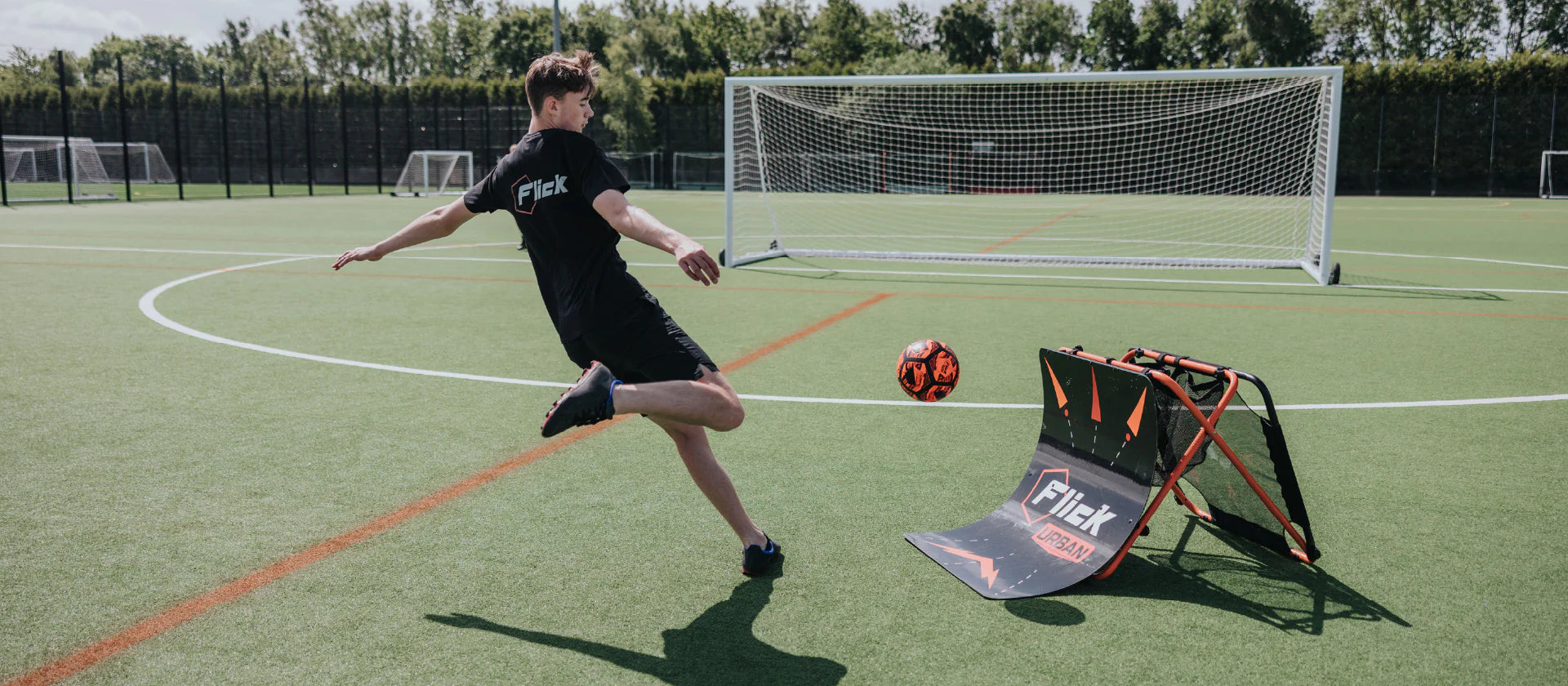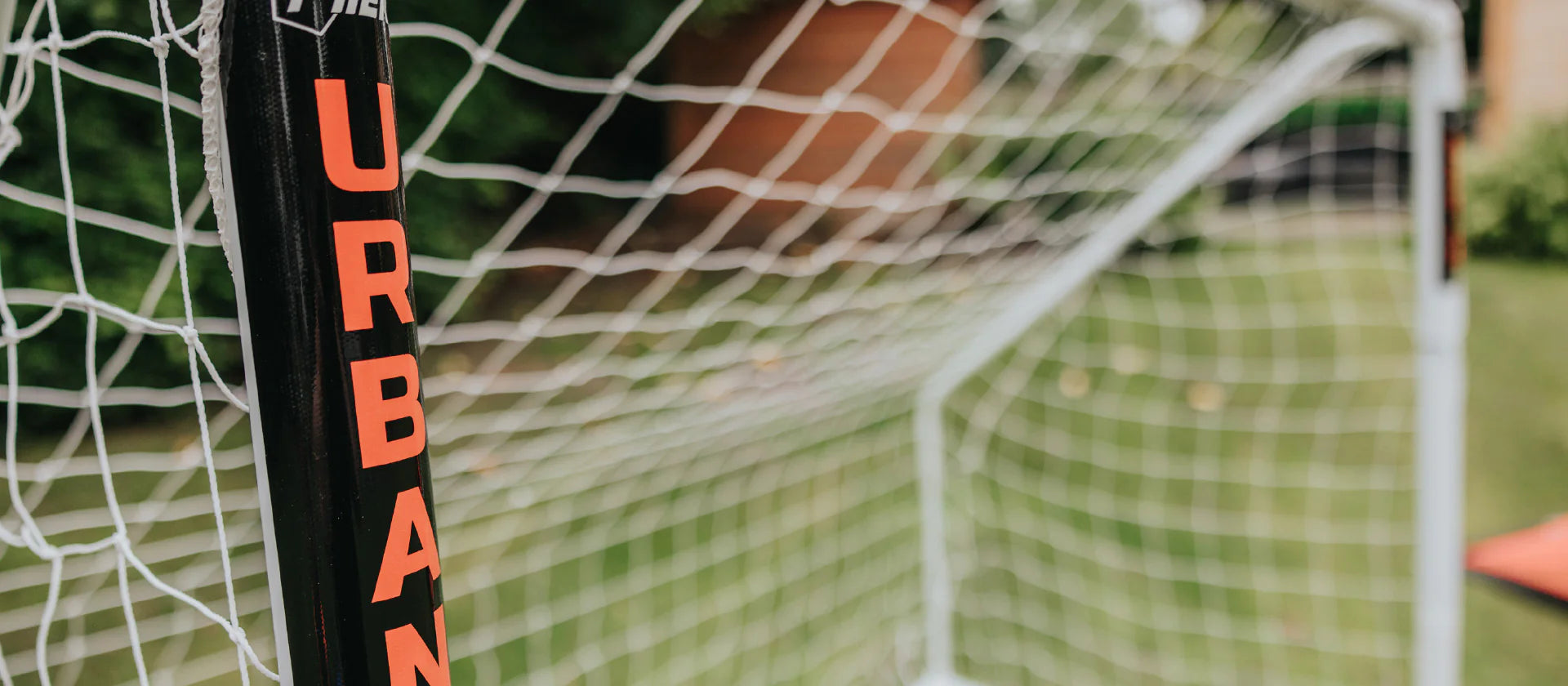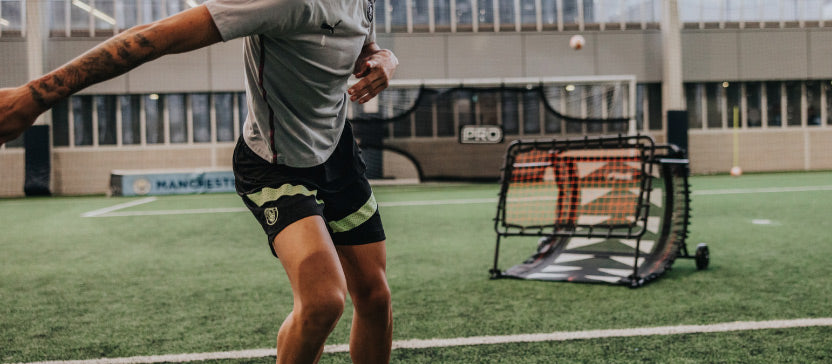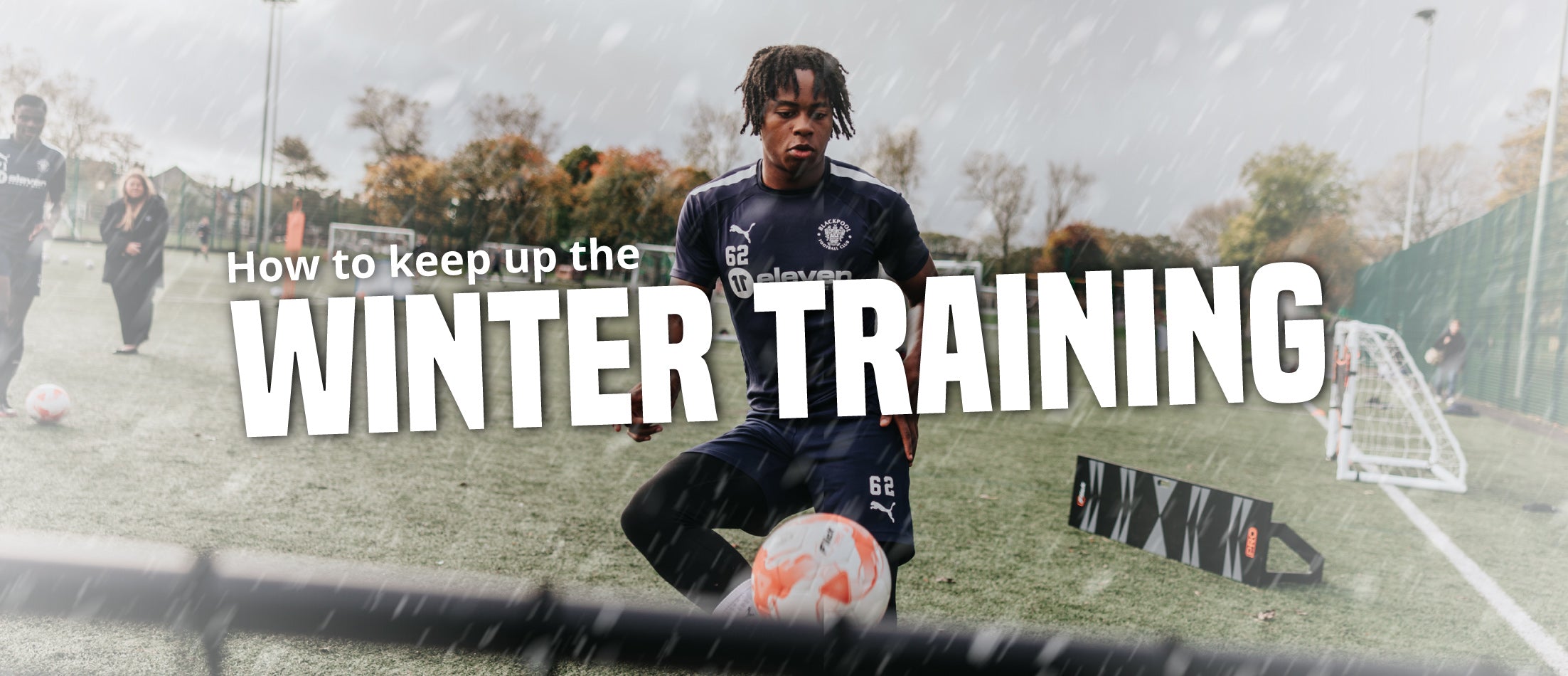The winter months can be a challenging time for Football players and enthusiasts. The cold weather, shorter days, and unpredictable conditions can make it difficult to maintain your Football training routine. However, with the right approach and some creative solutions, you can not only continue your progress but also gain a competitive edge. In this blog, we'll explore some essential tips and strategies for effective Football training during the winter season.
Embrace Indoor Facilities
One of the most significant challenges during the winter months is dealing with adverse weather conditions. To overcome this, many Football players turn to indoor facilities. These can include indoor football fields, sports complexes, and gymnasiums. Indoor facilities provide a controlled environment where you can work on your skills without worrying about the cold or rain. They also allow for a more focused and structured training session.

Pro Tip: Use the Urban Skills Trainer from Flick to elevate your indoor practice sessions. This versatile piece of equipment allows you to perfect your passing, ball control, and shooting accuracy—even in limited space.
Invest in Quality Cold-Weather Gear
Staying warm and comfortable during winter training sessions is essential for both your performance and safety. Invest in high-quality cold-weather gear, including thermal base layers, gloves, beanies, and waterproof footwear. Layering is key, as it allows you to regulate your body temperature as you warm up during training. Don't forget to bring spare clothing to change into after your session, as staying in wet clothes can lead to hypothermia.
Adjust Your Training Schedule
The shorter days and inclement weather in winter can disrupt your usual training routine. Be flexible and adapt your schedule to maximise daylight hours or avoid the worst weather conditions. Early morning or weekend sessions can help you make the most of your available time. Additionally, consider adjusting the duration of your training sessions to accommodate the limited daylight.
Focus on Indoor Drills
While outdoor conditions may not always be ideal, you can still work on your skills indoors. Focus on technical drills, such as passing, dribbling, ball control, and shooting, to improve your core skills. Smaller spaces in indoor facilities can enhance your close-quarters abilities, which can be valuable on the pitch.

Enhance Your Training: Try using the Mini Wall Rebounder from Flick to create engaging indoor drills. It’s perfect for sharpening your first touch and reaction times.
Strength and Conditioning
Winter is an excellent time to concentrate on your strength and conditioning. Hitting the gym and working on your physical fitness can help you build strength, speed, and endurance. A well-structured strength and conditioning program can make you a more robust and resilient player, reducing the risk of injuries when you return to the outdoor pitch.
Mental Training
Winter is also an ideal period to focus on mental aspects of the game. Work on your concentration, visualisation, and mental resilience. Visualise yourself making successful plays and handling challenging situations on the field. Develop a strong mental game to give you an edge over your opponents.
Game Analysis
Use the downtime during the winter to review your previous games and analyse your performance. Identify areas for improvement, study your opponents, and refine your tactical knowledge. Understanding your strengths and weaknesses will help you set specific goals for your next season.
Football training in the winter months may present challenges, but it also offers opportunities for growth and improvement. With the right approach, you can continue to develop your skills, stay in shape, and gain a competitive edge over your rivals. Embrace indoor facilities, invest in cold-weather gear, adapt your schedule, and focus on both physical and mental aspects of the game. By following these tips, you'll be well-prepared to shine on the Football pitch when the warmer months return.















